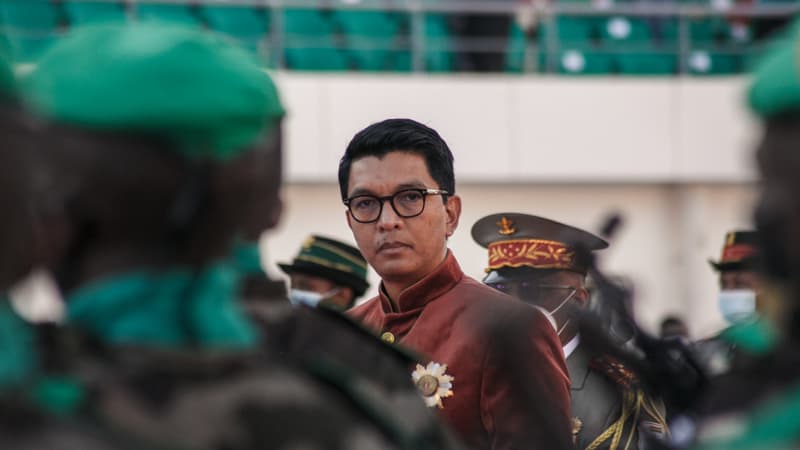For more than three weeks, Madagascar has been the scene of major bloody repressed demonstrations, with a tragic toll of at least 22 dead and a hundred injured, according to the United Nations. The movement, initially peaceful and led by Generation Z, was born to denounce the frequent water and electricity cuts, but quickly transformed into a global rejection of the political class whose symbol President Andry Rajoelina has become.
In this explosive context, Andry Rajoelina suddenly left Madagascar, exfiltrated by a French military plane, according to several sources. The president explains this departure as an “assassination attempt” against him and affirms, in a speech broadcast from a safe place, that he is leaving the country only to protect his life. Despite popular calls for resignation, he firmly rejects this option and calls for the Malagasy Constitution to be respected.
The Capsat mutiny: a decisive change
The political turning point came with the mutiny of a powerful military unit, Capsat. 15 years ago, it was this unity that helped bring the current president to power: today, it is contributing to his downfall. After more than three weeks of sometimes violent demonstrations, Capsat rejected orders for repression against protesters and sided with the population. This demonstration weakened the president and marked a break with the army.
Profound economic and social challenges
Beyond the political crisis, Madagascar faces major structural challenges: high unemployment, declining purchasing power, endemic corruption and immense inequalities. However, the country shows economic growth of 4.2% in 2024, in stark contrast to the fact that three out of four Malagasy live below the poverty line. The protest therefore reflects deep anger, far beyond political considerations.
If the flight of President Rajoelina marks a turning point, it does not guarantee the end of the crisis. Regime change, whether peaceful or forced, could temporarily calm popular anger, but economic and social challenges will persist to ensure long-term stability.
Source: BFM TV


